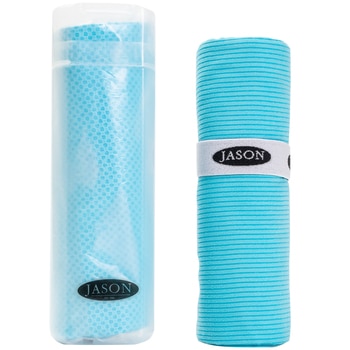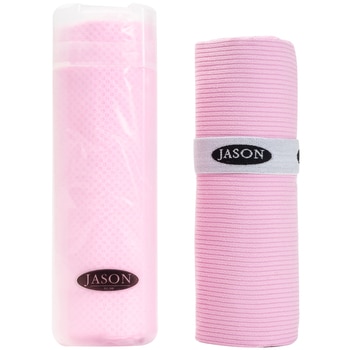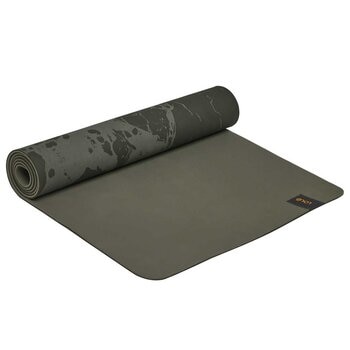As the seasons change, we can be more prone to getting sick. So what do we need to stay healthy? Read on to get the doctor’s advice.
Do you sneeze and sniffle more as the seasons change? While there isn’t an exact reason, there are a few theories. “One idea is that coming out of winter, our vitamin D levels are likely to decrease, as there’s less sun exposure to our skin,” says Dr Columbine Mullins from the Royal Australian College of General Practitioners. “Vitamin D is linked to immune system function, so less vitamin D may impact our ability to fight infection, making us more susceptible to influenza.”
For muscle & heart health
Research published in The British Medical Journal found that vitamin D supplementation reduced the risk of acute respiratory tract infection among all participants in the study – more than 10,000 people aged 0 to 95. Researchers believe supplementation offers benefits to those with low levels of vitamin D.
According to Osteoporosis Australia, about 30 per cent of Australian adults are deficient in vitamin D (levels are determined via a blood test). Many of these are elderly people who may not be outside enough to get adequate sunshine – the major source of this essential vitamin. Since vitamin D is also required for bone health and bones become more brittle with age, a supplement could help, especially for adults aged 50 plus who require higher levels. Some vitamin D supplements also include calcium and magnesium – minerals vital for bone, muscle and heart health.
For immune support
There’s been a lot of medical debate about whether we should up our vitamin C intake to prevent sickness and recover faster. While the jury is still out, a 2013 review of several studies found that children who took 1000 to 2000mg of vitamin C daily reduced the length of their colds by 18 per cent. Adults who took vitamin C regularly lessened the duration of colds by eight per cent.
For improving joint pain
Seasonal changes can also increase joint pain. This isn’t the result of cold weather per se, but of a fall in atmospheric pressure, which may cause tissues in the body to expand, putting more pressure on the nerves that control pain signals. Because of its anti-inflammatory properties, omega-3 may ease this pain experienced by arthritis sufferers. And glucosamine may help repair damaged cartilage, potentially effective for those with osteoarthritis.
Final verdict
So, what does the doctor say about vitamins? “Speak to your GP before starting supplementation, especially if you’re on other medications or suffer from chronic medical conditions.”
Look at your lifestyle, too. “To optimise health and wellbeing and the ability to fight infection, get plenty of sleep, drink enough fluids, eat a diet rich in fruit and vegetables and exercise regularly. Hygiene is important, too. Wash your hands regularly and avoid contact with people who are unwell.”










